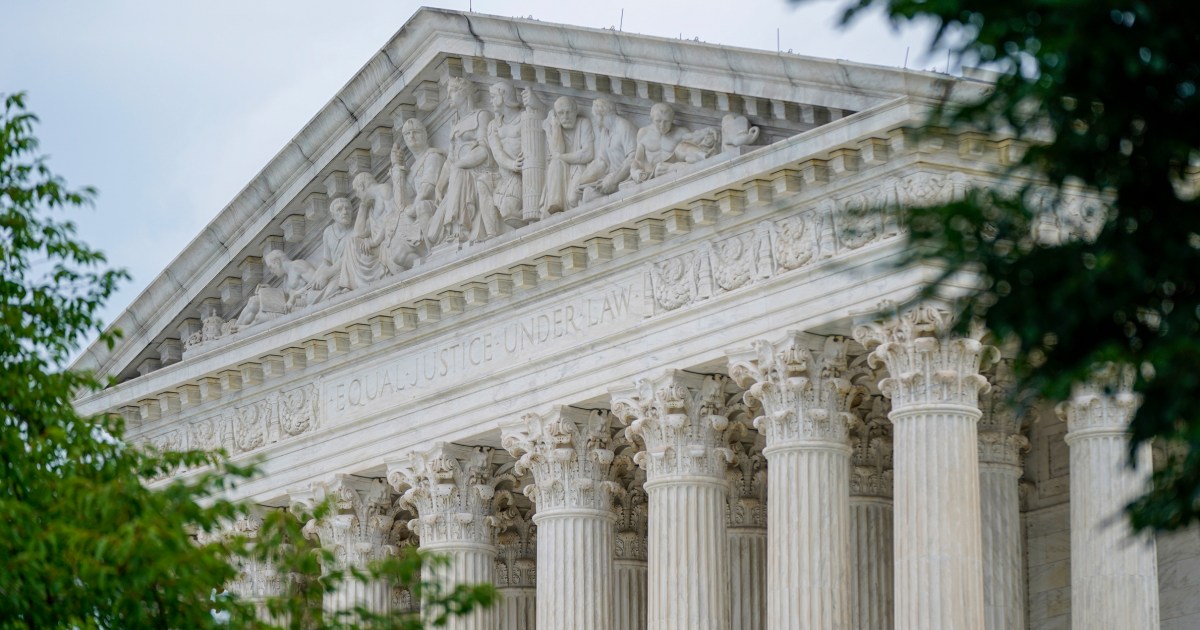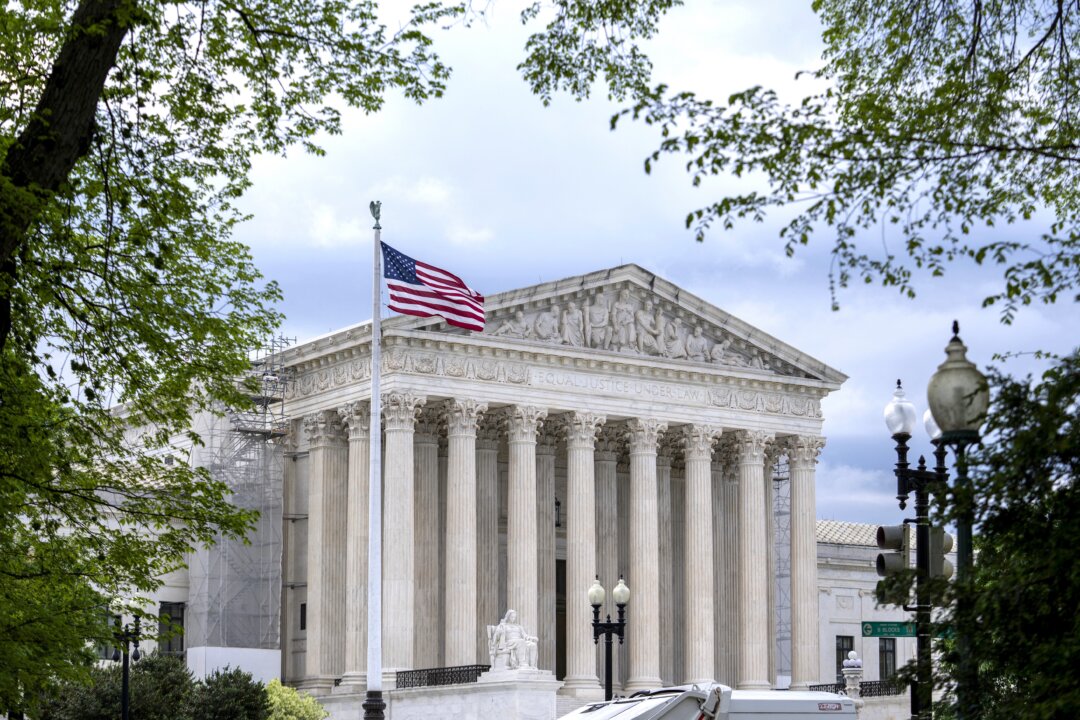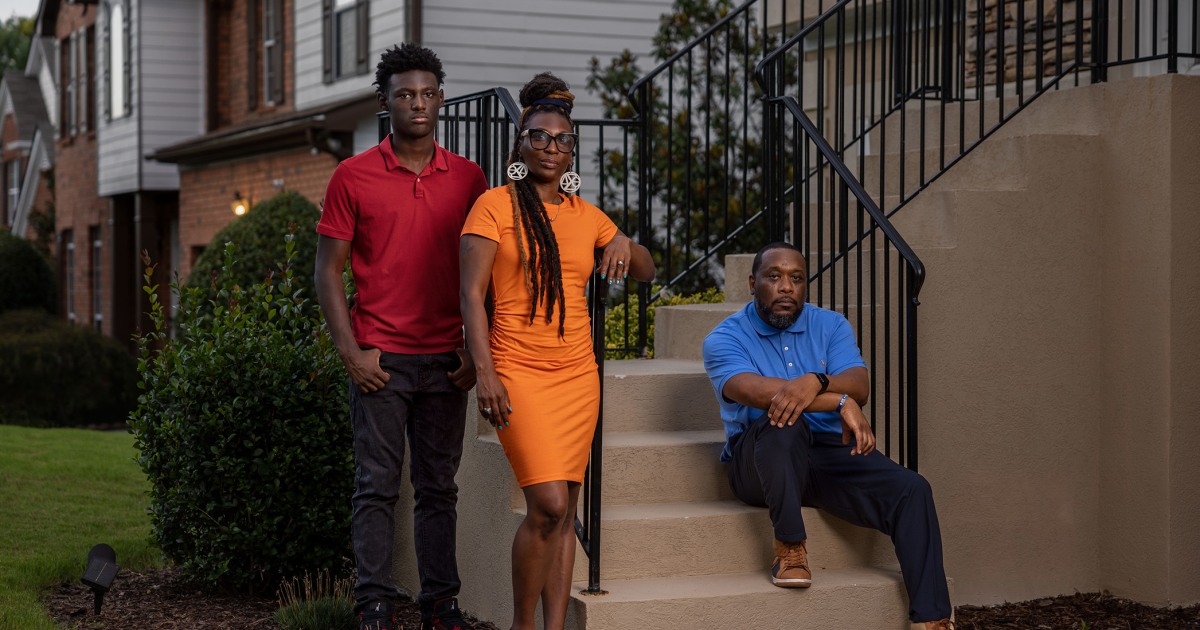Supreme Court Revives Lawsuit Over FBI's Mistaken Home Raid
The Supreme Court unanimously allows an Atlanta family to revive their lawsuit against the FBI for a 2017 mistaken raid on their home.
Subscribe to unlock this story
We really don't like cutting you off, but you've reached your monthly limit. At just $5/month, subscriptions are how we keep this project going. Start your free 7-day trial today!
Get StartedHave an account? Sign in
Overview
- The Supreme Court ruled in favor of Hilliard Toi Cliatt and Curtrina Martin, allowing them to revive their lawsuit against the FBI for a mistaken raid.
- The FBI raided the wrong home in Atlanta in October 2017 due to a GPS error, leading to the family's lawsuit.
- Justice Neil Gorsuch authored the unanimous opinion, highlighting potential liability for law enforcement under the Federal Tort Claims Act.
- Public interest groups are advocating for broader legal avenues for accountability in law enforcement cases following this ruling.
- The case has been sent back to the U.S. Court of Appeals for the 11th Circuit for further review and consideration.
Report issue

Read both sides in 5 minutes each day
Analysis
Emphasizes the Supreme Court's unanimous decision allowing a family to sue the FBI for a wrongful raid.
Articles (11)
Center (6)
FAQ
The FTCA is a legal framework that allows individuals to sue the federal government for wrongful acts committed by federal employees under certain conditions. For law enforcement officers, the FTCA provides a 'law enforcement proviso,' which allows lawsuits for intentional torts like false arrest or assault if committed within the scope of their duties. However, exceptions like the discretionary function doctrine can limit liability.
History
- 5M

 9 articles
9 articles








